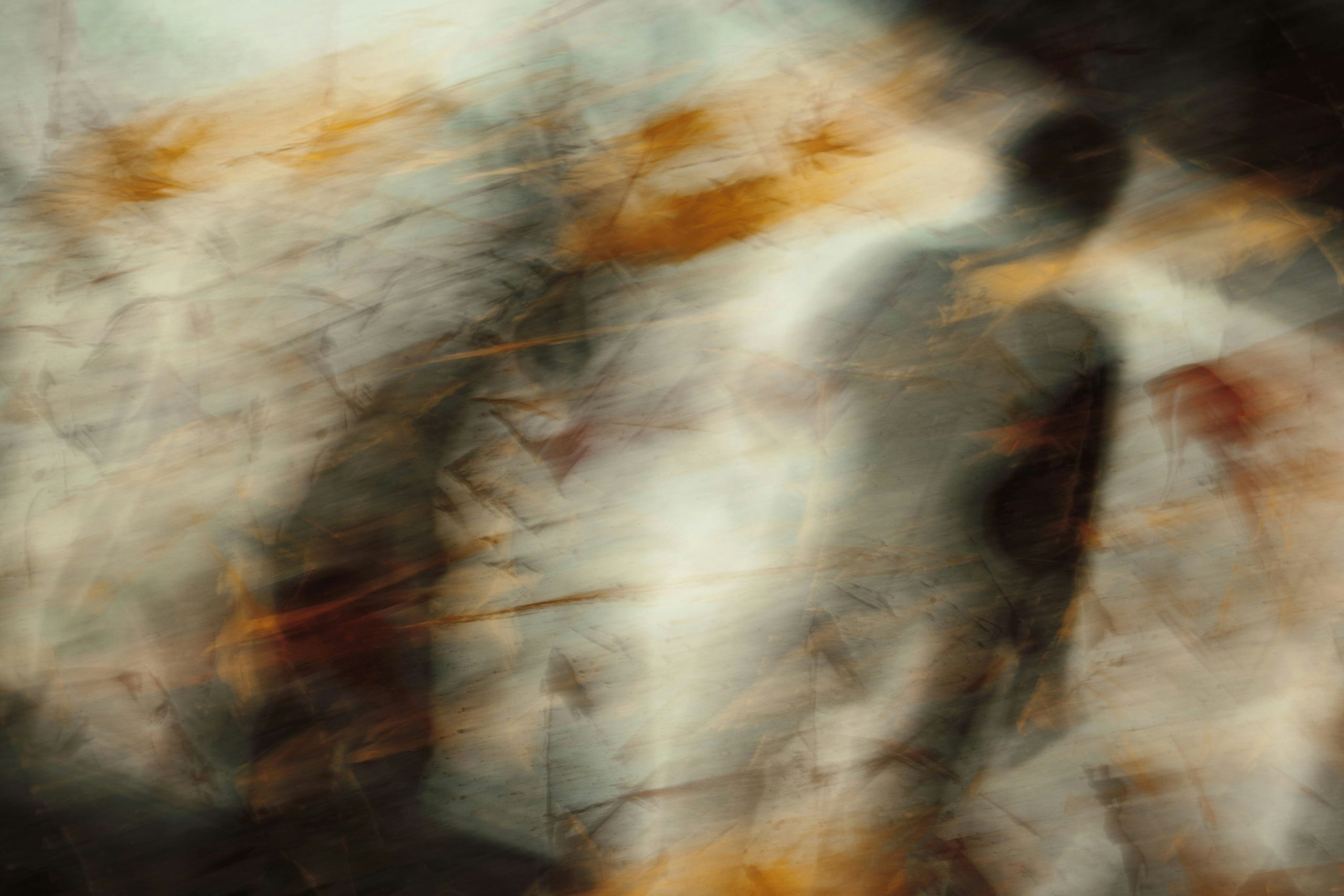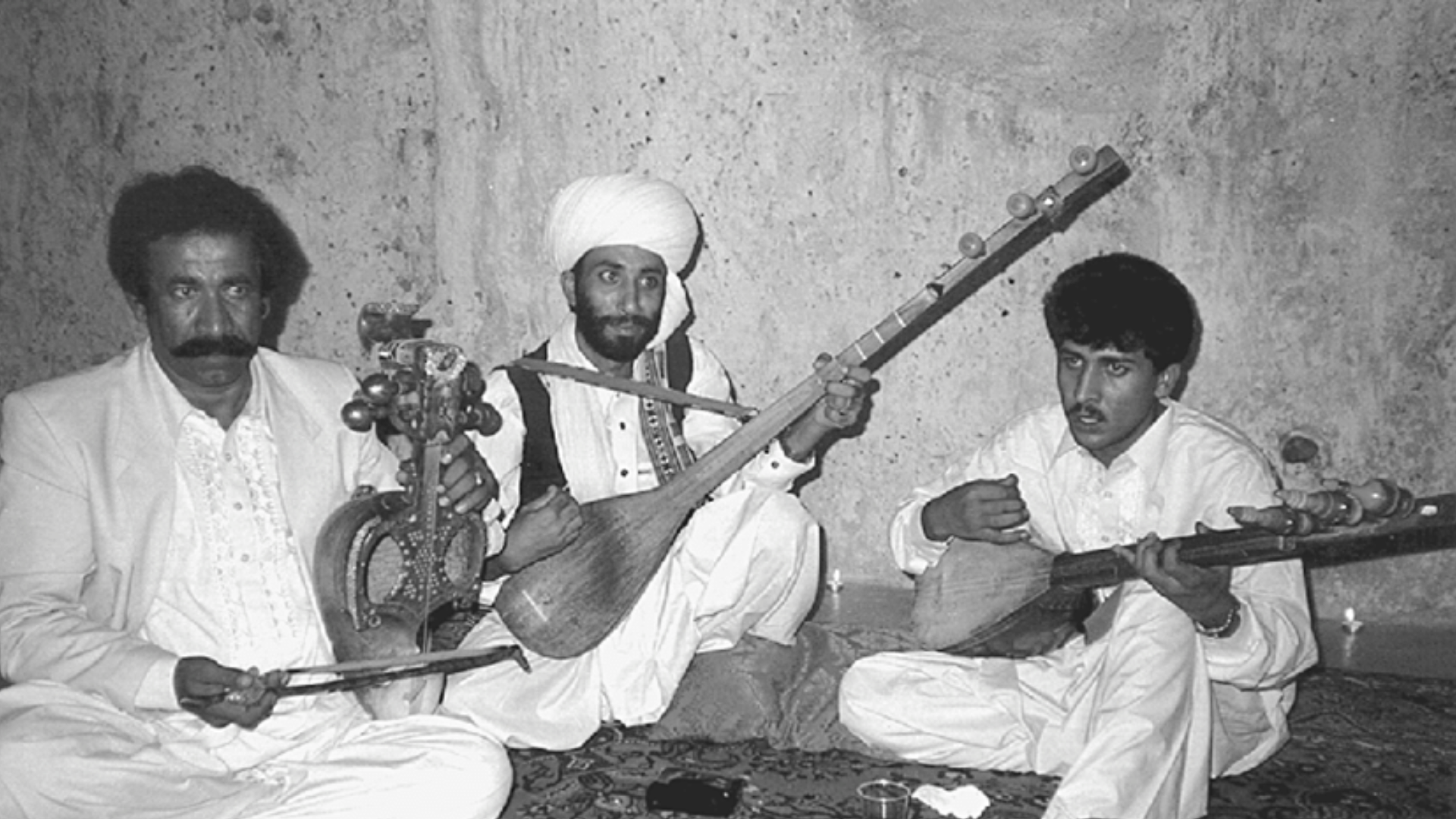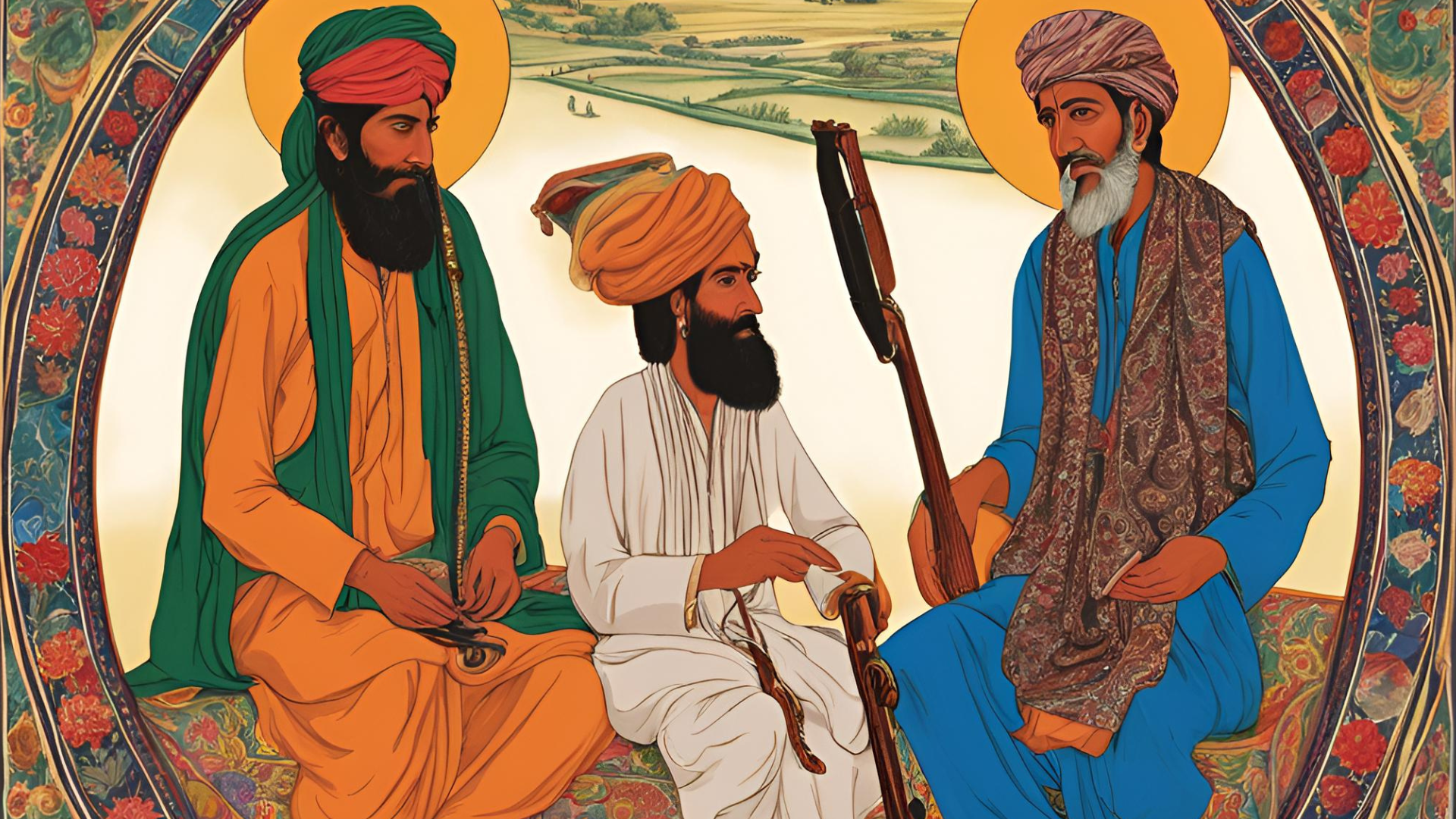
The Advancement of Baluchi Language and Poetry in Western Baluchistan
Part II of “The Melodious Poetry of the Baluchi Language” series
Author: Aziz Dadiar
In this article, the author discusses the evolution of Baluchi literature and music in Western Baluchistan and talks about how it is done in contemporary times. In addition, the role of great masters of song and music in the advancement of Baluchi language, literature and music is discussed. This article is divided into four parts, the second part of which is published below.
It was after the year 1966 that the people of Western Baluchistan heard a poem and a song on Radio Zahedan in a half-hour program. It was Mullah Ibrahim’s poetry called, “Bashkird”, which was sung by Mullah Musa, the father of the great singer Gholam Qader.
It was during this time of new technologies that the Baluchi language, poetry and songs started being recorded in Sanyo and Phillips’ cassettes and reached the cities and the remote villages and mountainous areas of Baluchistan. The melodious singers and master musicians from Chabahar, Dashtiyari and few others came into prominence and Baluchi literature and music started to flourish.
It was a sad and hopeless period for Baluchi poetry and language in western Baluchistan when suddenly and unexpectedly, the nightingale of Baluchi poetry “Hout Kamalan” appeared. His sweet songs and artistic charisma melted the ice that was covering the Baluchi literature. It was during such a time that among the new generation of western Baluch, there was not a single book written in Baluchi, neither in poetry nor in prose in any field ; not only in the Baluchi language, but also nothing was written about the Baluchi people and their literature in Farsi language.
In that stuffy and dark atmosphere ruling over Baluchi language, poetry and literature, the pleasant sound of Hoot Kamalan was like a chandelier through which light suddenly shone and gave joy. He was undoubtedly the hero of art and the king of singing. He came into fame during the time when there was not a single book available about Baluch literature. Today, however the Baluch intellectuals and art & literature lovers know the high status and artistic value of his work more than the Persian poet Ferdowsi.
This is not just a claim, because that great sage Ferdowsi could only organize and collect ancient myths and culture. But Kamalan not only brought together the largest part of the epic, love and fictional poems of Baluchi culture, but also fed them to the minds of people thirsty for their own culture with his pleasant and melodious ballads. Surprisingly, this great work, in all its importance, was not only his work, but also his most important work in this field. He paid an especial attention to Baluchi classical music, popularising it and spreading the notes and designs with the help of a great master like Pahlavan Durjan in Golzar Baluchi Music.
Kamalan is truly and undoubtedly the greatest gem in the Baluch poetry and literature in all three geographies of Baluchistan, for example: If we consider Hoot Kamalan in position and status of art, song and melody, like Master Shajarian in Persian, the scales of Kamalan will be even heavier. He was illiterate, but with great efforts, he was able to put together all the epic, love and ballads of the Baluchi language in a book called “Miras” consisting of nearly 800 pages, by memory. In addition to his classical collection, his sweet voice and art of singing, the clothes he wore all contributed to a unique musical style and won the hearts of millions of Baluchis and non-Baluchis alike.
Although they both have a value in the art of composing and singing, the master in this field is truly utterly irreplaceable. Master Shajarian was mostly focused on Ferdowsi’s Shahnameh, but Master Kamalan composed poems from the love story of Hani and Murid, which are more than seventy-seven long poems, along with all the historical love poems such as: Lalah and Granaz, Kia and Sadu, Shahdad and Mahnaz, Ezzat and Meirok, Shapchirag and Mullah, Moshtaq, Mohammad Hanif, Jalal Khan and many epic love poems of Amir Khosrow Dehlavi, Hafez and Rumi, and so on.
Another unique work that artists in the field of singing and music had not done before that time , was to perform a long interesting poem for the people in different forms. He did that with the collaboration of Master Durjan. For example, he had performed “Doda, Balach and Nakibo” a famous Balochi folktale in seven forms: Gwashtan e Mohtaran Kanian” (what the elders and nobles of the past have said).
Or this poem that says:
Mothers love their sons who are warriors
Sisters adore their brothers
who incite fear in the enemy
However, the master artist of these songs was Master Durjan with his “Seruz” (a Baluchi musical instrument). He had a very sweet yet powerful voice that could move the mountains. No other singers of his time who could match with him.
As others did not enjoy the same intellectual capacity, the wit or the sweetness of the voice, they did not have the ability of the pleasant and stimulating speech or the psychological expression of the word to accompany the musical instrument. All these talents blended in harmony to make him a master artist.
to be continued…


